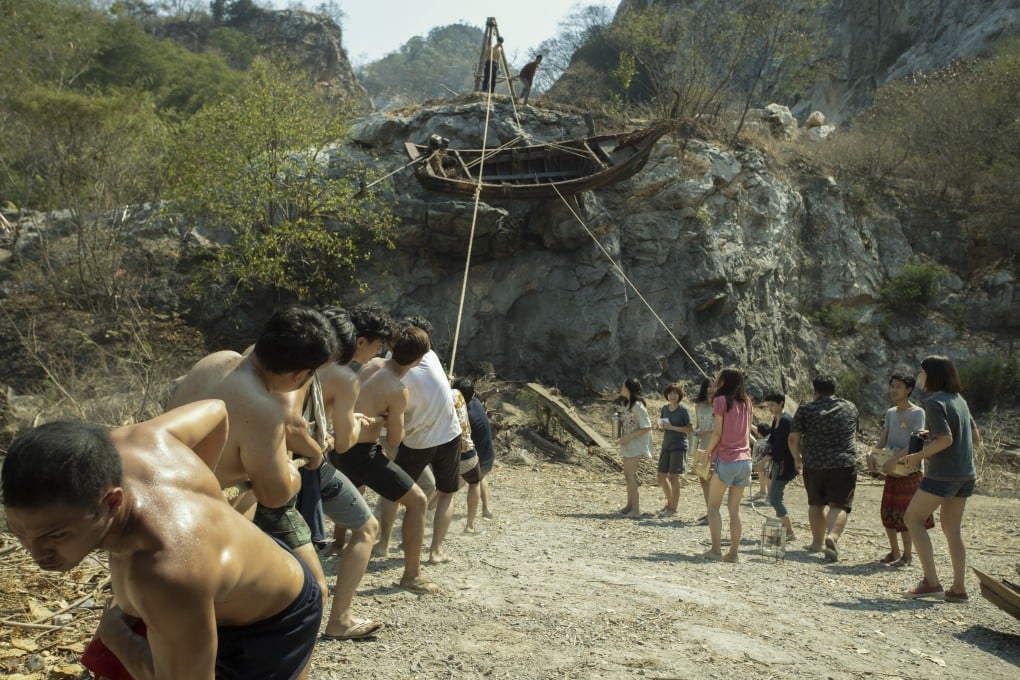What a view | The Stranded, the first original Thai series from Netflix, has more than enough suspense to keep you engaged
- After a tsunami leaves a group of school-leavers wrecked on an island, they must band together to try to escape
- Plus, the fourth and final season of Mr. Robot is a masterclass in intelligent, edgy programming

More Lord of the Flies than Love Island, less Robinson Crusoe than Castaway 2007, the first original Thai series made by Netflix comes with enough suspense, supernatural twists and cliffhangers to keep viewers rooting for characters who are, mostly, just tiresome teenagers.
That they turn out to be much more engaging human beings is testament to the screenwriters on the The Stranded, a rite-of-passage adventure yarn about the pupils of a prestigious island school. Just as they are about to leave after graduation, a tsunami wrecks the place and leaves them isolated from the rest of the world. School’s out, possibly forever.
Their mission, naturally, is to escape the formerly idyllic rock – how quickly paradise turns to purgatory – and rejoin civilisation, if it’s even out there. And that means growing up quickly and making tough choices as the adult world is thrust upon them, with no authority figures to tell them what to do. (And no phone signal to connect with helpful websites or order delivery pizza.)
So Kraam (Papangkorn Lerkchaleampote), the fisherman’s son, organises the tricky hauling of an impaled wooden boat down from a cliff; an awkward, geeky girl and secret technology anorak becomes Ms Fixit for broken analogue equipment from the school’s laboratory; and the glamorous but self-doubting daughter of a doctor becomes the group’s de facto medic and assumes the most stressful job of all.
But it’s Kraam who emerges as dark horse, mystery man and probable key to any rescue or escape. Early in this pacy, seven-part first series, now streaming, he receives a ceremonial dagger from his father, which may be an heirloom, a magical means of instituting a righteous world or a handy wall decoration for his bedroom. Kraam doesn’t know, because before his father can explain he is killed as the tsunami strikes – whereas Kraam, perhaps supernaturally blessed, escapes.
He and his fellow survivors aren’t Lost, because they are already at their island fortress-prison, but obvious parallels with that television landmark sometimes intrude, not least with the contagious conviction that “the monster is coming to get us”, as one panicking pupil believes. Another declares that the island’s name means “gate”, but if it’s a portal, whence does it lead?
